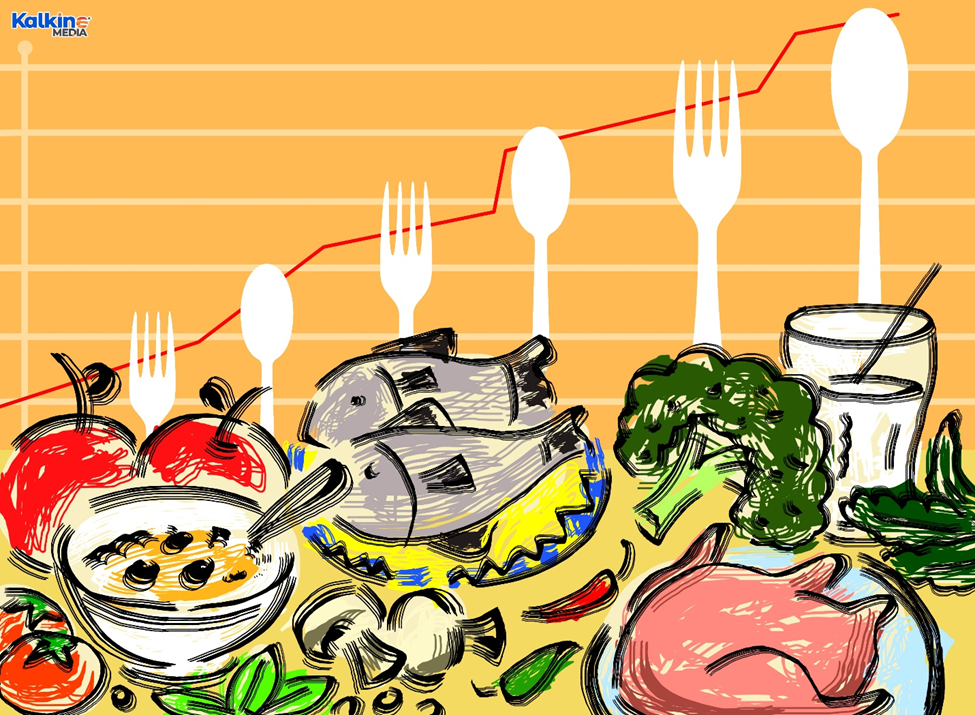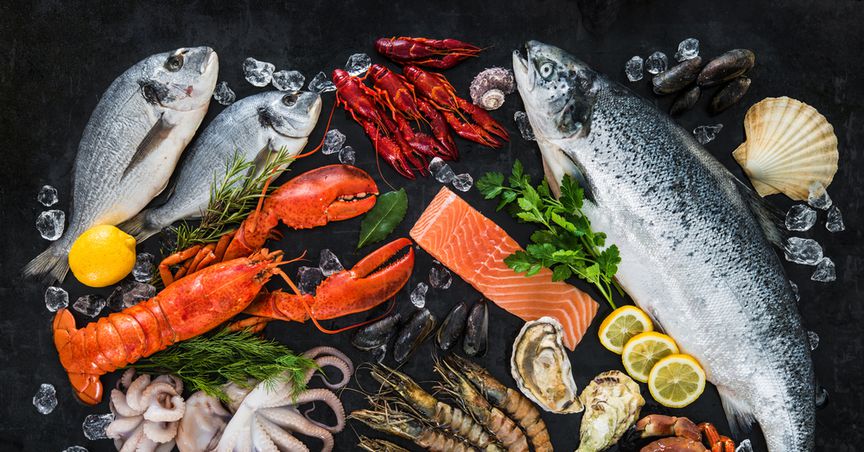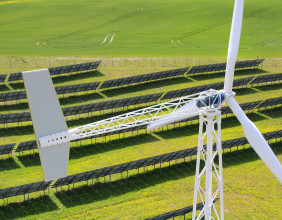Highlights
- The food price rises in the UK are likely to peak at 15% this summer, its highest level in over 20 years.
- Russia and Ukraine are the key global producer of grains. Both the countries together account for nearly a third of global wheat supplies.
- The UK imports 40% of its food from other countries.
The food price rises in the UK are likely to peak at 15% this summer, its highest level in over 20 years, a report by the Institute of Grocery Distribution (IGD) stated.

©2022 Kalkine Media®
The research revealed that the food price inflation will last at least till next summer but may persist beyond. The most vulnerable households would be most affected by the surge in food prices. The Bank of England is also set to raise interest rates by 25 basis points from 1% to 1.25% on Thursday.
The UK imports 40% of its food from overseas. Russia and Ukraine are the key global producer of grains. Together, they account for nearly a third of global wheat supplies.
But the Russia-Ukraine war along with factors like Brexit, lockdown in China, pre-existing supply chain challenges, weakening of the Sterling, and export ban on key food products (palm oil from Indonesia and wheat from India) have affected the prices of cereals, bread, dairy, meat, fruits, and vegetables in the UK food market.
The grocery trade body predicted that the average monthly spend on groceries for a household would reach £439 in January 2023 from £396 in January this year. In April, the inflation in the UK hit a 40-year high of 9% and is forecasted to surpass 10% later this year. Also, the UK energy regulator expects the energy cap to rise by 42% in October to £2,800.
The impact of rising inflation, increase in energy and petrol costs and a decline in real wages are already affecting the shoppers’ behaviour. Experts feel things can drastically change in the coming months.
Related Read: DRX, TRIG, CPH2: Should you bet on these renewable energy stocks now?
Amid the challenges, let us look at 3 food stocks that investors can closely look at before putting their money.
Associated British Foods Plc (LON: ABF)
The shares of the food processing and retailing company, Associated British Foods Plc were down by 2.35%, at 8:15 AM (GMT+1) on 16 June 2022, and were trading at GBX 1,577.00. The company holds a market capitalisation of £12,785.54 million as of 16 June 2022. The performance of the FTSE 100 Index constituent has deteriorated over the past year with a one-year return as of 16 June standing at -32.90%.
Premier Foods Plc (LON: PFD)
The shares of the food manufacturing company, Premier Foods Plc, were down by 0.17%, at 8:15 AM (GMT+1) on 16 June 2022, and were trading at GBX 118.00. The company holds a market capitalisation of £1,020.26 million as of 16 June 2022. The performance of the FTSE 250 Index constituent has appreciated in the last one year with a one-year return standing at 11.32% as of 16 June.
Related Read: WTB, JDW: Stocks to eye as hospitality firms hike pay to attract staff
Hilton Food Group Plc (LON: HFG)
The shares of the food packaging company, Hilton Foods Group Plc were down by 0.78%, at 8:15 AM (GMT+1) on 16 June 2022, and were trading at GBX 1,018.00. The company holds a market capitalisation of £914.32 million as of 16 June 2022. The performance of the FTSE 250 Index constituent has deteriorated over the past year with a one-year return as of 16 June standing at -6.99%.
Note: The above content constitutes a very preliminary observation or view based on market trends and is of limited scope without any in-depth fundamental valuation or technical analysis. Any interest in stocks or sectors should be thoroughly evaluated taking into consideration the associated risks.




